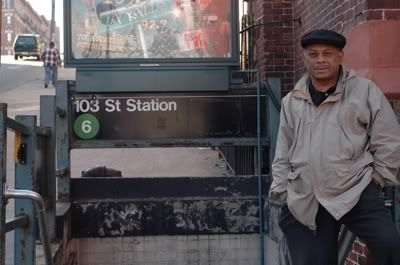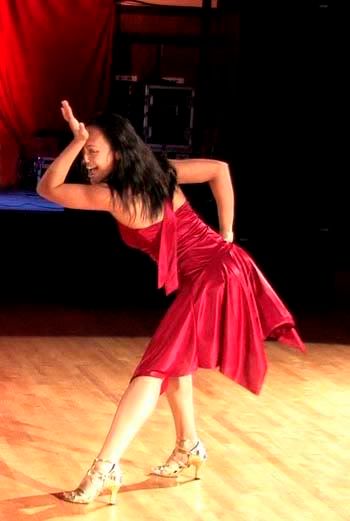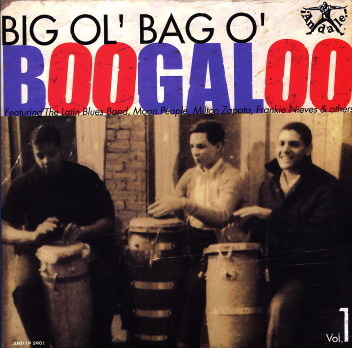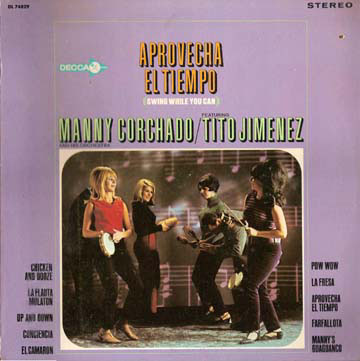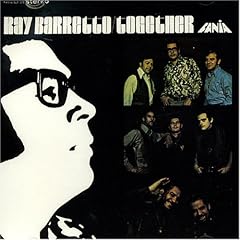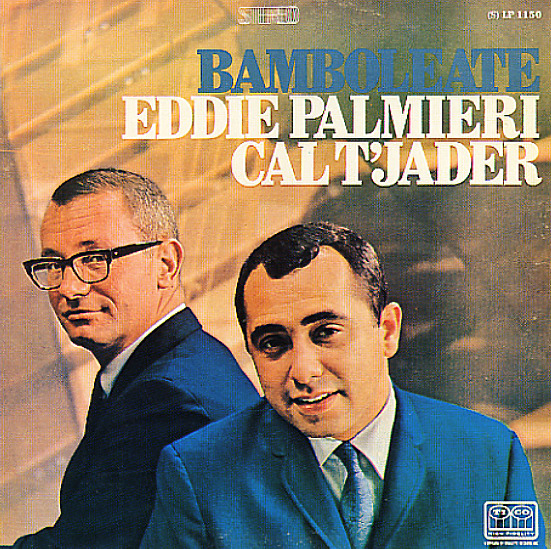DOIN' THE YO YO + A LITTLE TOUCH OF TEDDY
posted by O.W.

Richard's People: Yo Yo (O-Dub's Extended Intro Edit)
From 7" (Tuba, 1968)
When Doc Delay came through to spin the other month, he dropped this in the middle of a funk mix and trainspotter as I am, I craned my neck over to ask: "wtf is this?" It sounded like the unruly love child of a Midwestern funkateer backed by an East Harlem band and as I dug around for more info on its background, turned out I was more or less on point.
While the 7" came out of Detroit (rumor is, the vocalist was a janitor at Tuba Records), the backing track originated in New York which probably explains why the dip into the shing-a-ling has a distinctive Nuyorican sabor on it. Boogaloo fiend as I am, I love where Latin boogaloo comes back to the Midwest (where the booglaoo was born). It's very post-modern before anyone was talking about post-modernity(ok, I'm hella nerding out right now) but all you need to know is that "Yo Yo" rocks. Sure, it's a derivative track in terms of being a "new dance" that also borrows from any number of hit songs from the same era such as the "Cool Jerk" and "Here Comes the Judge." (Again, pastiche! Collage!) Plus, all that and a breakbeat intro? Oh hells yes. (Personally, I'd love to see how the "Yo Yo" is done; sounds like fun.)
(See also Funky16Corners' excellent exploration of the single's history).
This is jarring gear shift but I'd be remiss in not taking the time to mourn the passing of Teddy Pendergrass, gone far before this time (which is about 99% of the great ones, no?).

Teddy Pendergrass: Love TKO
From TP (Philly Int'l, 1980)
All-time, end of night, slow jam, red light classic (though I suppose "Close the Door" is the king seduction song even more).
King Kong: The Love I Lost
From Funky Reggae (MFP, 1970s)
Just played this out last night and cotdamn was this Harold Melvin and the Blue Notes (feat. Teddy) such an incredible jam, made all the more enticing in this reggae-fied remake.
Labels: 45s, boogaloo, covers, in memoriam, latin, reggae, soul/funk







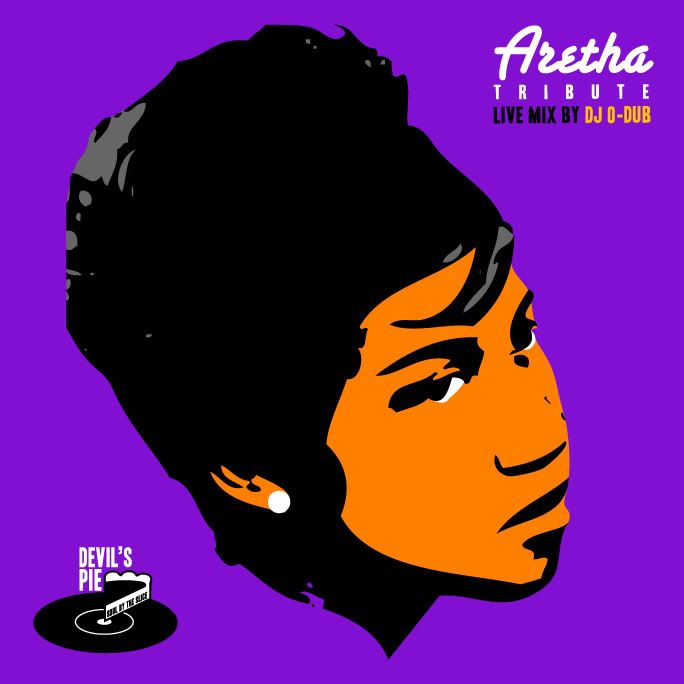
















 I was on WNYC's
I was on WNYC's 








